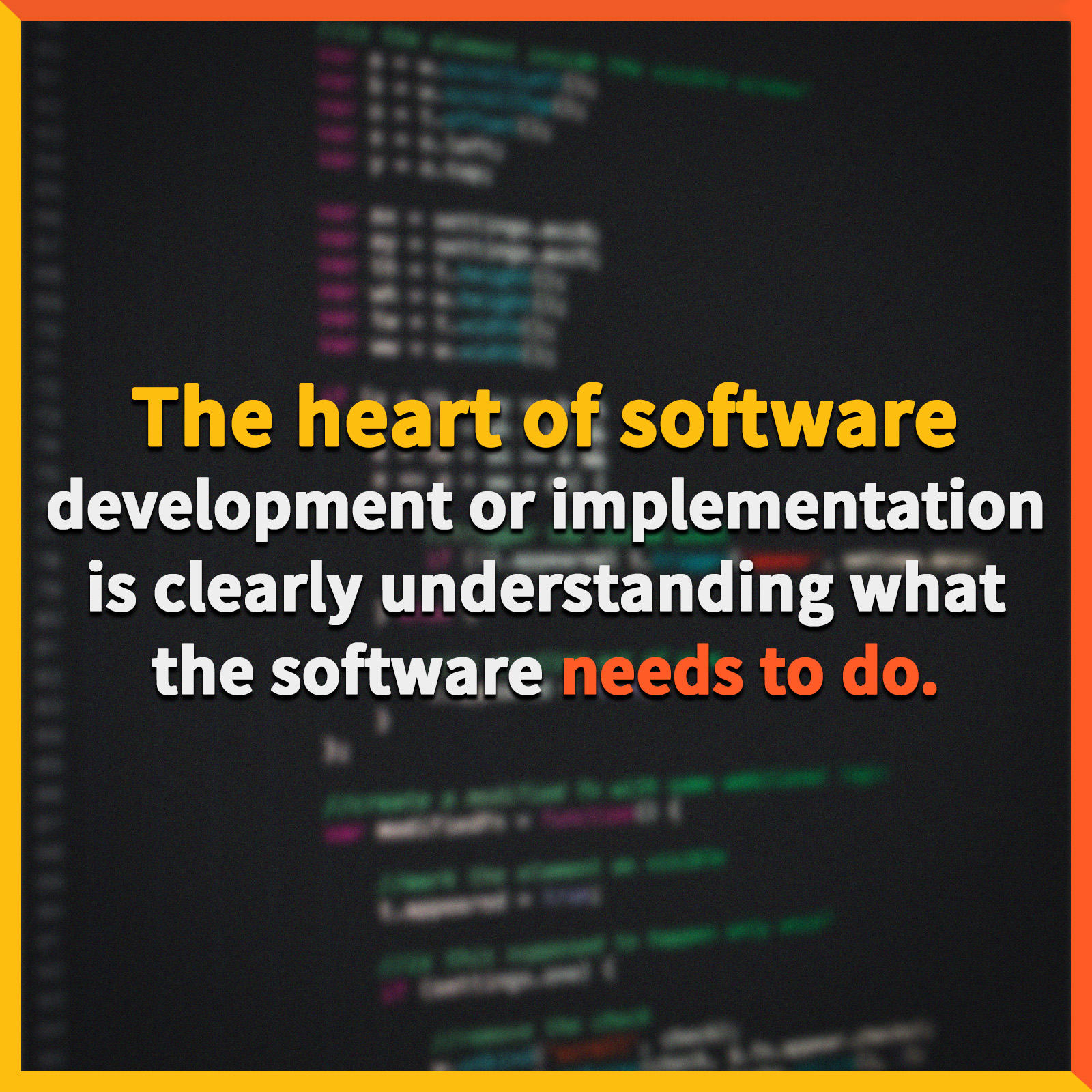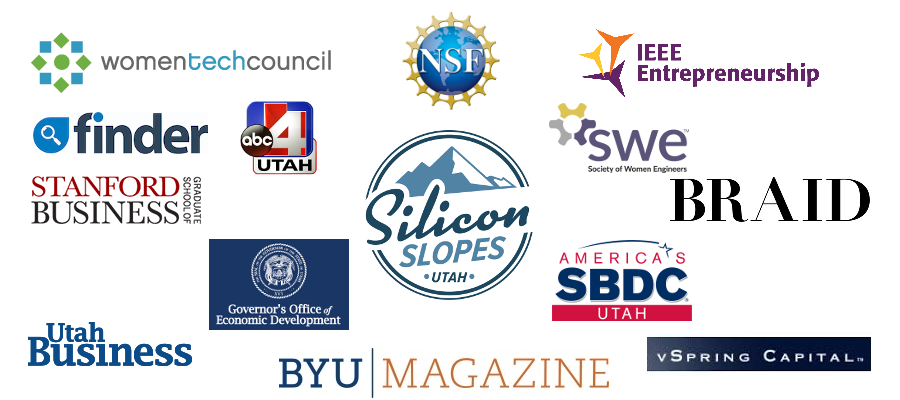This is the first supporting post, further elaborating on “In Tough Times, your Acquisition Offer Might be an Asset Sale”
1. What is it that is being acquired? Technology / Intellectual Property ? Brand? Team (or part of the team)? Owned IT infrastructure (less likely)? Real Estate (usually less likely unless you’re manufacturing something)?
This sounds somewhat obvious, but you can either help yourself or hurt yourself depending on how you structure the “what” of what is being acquired. So let’s walk through some considerations.
Technology / Intellectual Property – In most of the venture world, an asset sale is almost always centered on the technology and IP.
First identify all the elements of or your Tech / IP that will be required to be transferred in order for your tech to be used moving forward. These may include
- Code (including code repositories), backup accounts, individual developer accounts and sometimes machines (if the team isn’t scrupulous about code deposits)
- Patents, pending patents and patent applications
- Other IP such as trade secrets
- Cloud services (rented IT infrastructure) which will keep your system running during the acquisition and transition
- Web-based front ends to your technology (including hosting, code, plus all the branding elements!)
- May include strategic plans, roadmaps, development “ticketing” systems, customer service queues that help guide future development
 Make sure this is all itemized for the buyer. Doing so will help them feel confident that they will get what they paid for. Of course, they will include a blanket statement that you’ll fix anything in order for them to get what they paid for, but still, better to be prepared that to have to fix something 6 months down the road when you’ve moved on!
Make sure this is all itemized for the buyer. Doing so will help them feel confident that they will get what they paid for. Of course, they will include a blanket statement that you’ll fix anything in order for them to get what they paid for, but still, better to be prepared that to have to fix something 6 months down the road when you’ve moved on!
Team – Here’s the thing, some acquisitions are really an IP play – the acquiring company just wants the raw tech and they feel they can either kill it or move it forward better than you can. But, especially in a market that continues to compete for tech talent, many acquisitions are specifically to acquire the team, especially the technical team.
See Part 5 – the Team for more on how to negotiate on behalf of your team, and to negotiate with the team to make sure they will move to the acquiror (because if they won’t go it might kill your deal!)
Brand – What if the acquiring company really only wants your brand OR wants to make sure they get the brand in the acquisition – How does that impact your decision process?
First identify all the elements of your business that impact your Brand. Some elements to consider are below
- Corporate name
- Website
- Social Media accounts
- Social media management accounts
- Domain names
- Trademarks – TM or Registered Trademarks and Trade Dress

- Design Guides (which may reference trademarks like logos)
- Any original designs, artwork, graphics, elements, and design service accounts that contribute to your brand
- Any licensed elements used for your brand and associated accounts (example image licenses and accounts)
Make sure you’ve got this itemized for your acquiror, and that you have a plan to transfer not only formal ownership but also custody/ access to these items including account access, domain transfers etc.
You should assume that eventually any acquiror will eventually migrate your solutions into their own branding – regardless of what they say now. I’ve go some additional suggestion on how to protect domains (and your reputation as an entrepreneur) even after an acquisition. Now I know you’re wondering why they’d want to acquire the brand, and then deep-six it. Suffice it to say it happens and what you do NOT want is your brand resources, especially your domains, to be abandoned for less than savory uses.
I won’t spend much time on either owned IT infrastructure or real estate. Most technology companies want to bring your tech over onto THEIR IT infrastructure, so they frequently don’t want your servers or machines. That is negotiable.
In terms of real estate, it will be important in real estate centric deals or in deals with manufacturing or similar facilities, but in most other deals, getting rid of a lease (often secured by a personal founder guarantee!) is more important than anything else.
Each part of the series is available at the links below.
Part 1 – Be Clear About What is Being Acquired
Part 2 – What’s Left in the Corporate Shell?
Part 3 – How will you handle the what is left?
Part 4 – Don’t mess up the legal details
Part 5 – How will you take are of yourself and your team?
———————-


3 thoughts on “Asset Sale – Part 1 – Be Clear About What is Being Acquired”
Comments are closed.